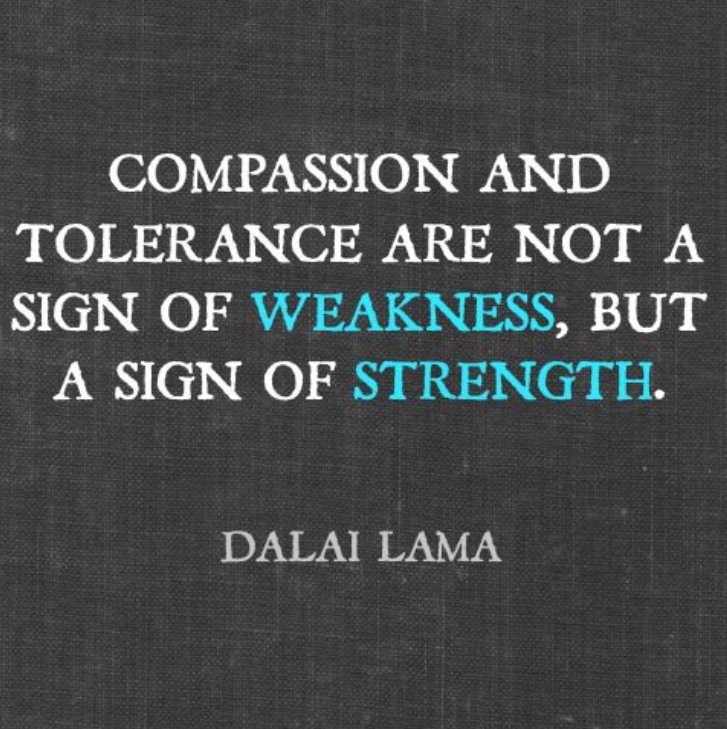|
|

 A Case for Tolerance A Case for Tolerance
Scripture Reading: Mark 9:38-50 “Whoever Is Not
Against Us Is for Us”
A Case for Tolerance
by Frank Schaefer
It’s beyond me to explain why so much of
Christianity is so far off what Jesus of Nazareth actually taught. And he wasn’t
even vague or unclear in any way. This passage is a prime example: here Jesus is
clearly teaching the disciples a lesson in tolerance. He couldn’t have been more
clear when he said: “Whoever is not against us is for us.”
And yet, much of conservative Christianity, and
perhaps this is also true for other religions, are doing the exact opposite of
what Jesus was teaching. They draw a line in the sand defining them and us in
very strict and judgmental ways. They are turning Jesus’ statement around,
saying: “if you’re not for me, you are against me.”
This is true for one of my close family members. She
truly believes that not everybody who says that they are Christians are actually
Christians. I wonder if the disciples would agree with her when she says,
“unless you come to my church, or a church that is very similar to my church,
and unless you believe the way I do (by which they usually mean the 5
fundamentals of Christianity), you can’t be a true believer.”
Even if you go to your church regularly, even if you are a pastor of such a
church, even if you are doing good things in the world, even if you sing the
same songs, etc. she doubts that you are a believer. She would be one of those
who would say: Lord, I met a person who did good things in your name, I told
them to stop.” “Why?” Cause their not one of us.”
Note how Jesus counters the disciples’ Us vs. Them
language. The disciples said: we stopped him cause he was not one of us.
There it is, the us vs. them concept that is the cause for racism, sexism,
heterosexism, unhealthy nationalism and racial / ethnic supremacy attitudes. If
we could only stop that language, if we could only stop seeing the world in
terms of “us vs. them,” we would actually have a chance to get along.
Where does this concept even come from? How can it be explained? One
psychologist explains it like this:
[People who] do not have a positive sense of self,
or if they have low or damaged self esteem, or if they feel insecure, then the
feeling of belonging to a group that they feel is superior or secure would be
helpful to their sense of self esteem. They become intolerant and insensitive to
the “other” group and act in ways that is far away from their innately designed
integrity. *
Perhaps, those Christians who see the world in terms
of “us vs. them” language, don’t really feel secure in their spiritual identity.
Perhaps they derive their sense of purpose and identity form a specific faith
group that teaches some sort of superiority over and against other groups.
This also fits perfectly with the words of the Dalai Lama who said: “compassion
and tolerance are not a sign of weakness, but a sign of strength.”
Back to our text, when the disciples bring up the “other believer,” the one who
operated outside of their circle, Jesus said: “whoever is not against us, is for
us.” In the Greek it’s even clearer: the word for “for” is “hyper” which also
carries the connotation of “above us” and “on behalf of us,” or “with us”
So, Jesus could actually be interpreted to have
said: “whoever is not against us is one of us.”
That’s a fascinating concept in which the only way people find themselves
outside of God’s kingdom is if they exclude themselves. We are not supposed to
exclude anybody, we are supposed to include everybody!
But even if you find this interpretation too
far-fetched, at the very least, Jesus was asking his disciples to tolerate those
who are not part of our inner circle of faith. We are supposed to accept them
and not stop them. There simply is no place in God’s kingdom for the “them vs.
us” language, there is no place for hate speech, there is no place for
intolerance.
If we could only understand this teaching and put it
into practice. World peace would be this much closer. So, let it begin with us.
We can live Jesus’ principle of tolerance. And my prediction is that as we do,
we will have more friends, a wider network of people from all walks, and we will
be able to open ourselves up to a richer wisdom and spiritual life. Amen.
___________________
*Michelle Roya Rad, Professional psychologist, motivational writer
https://www.huffingtonpost.com/roya-r-rad-ma-psyd/the-psychology-of-us-vs-t_b_711853.html
|
|